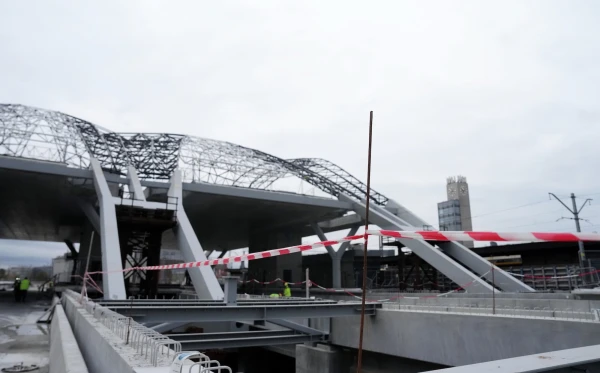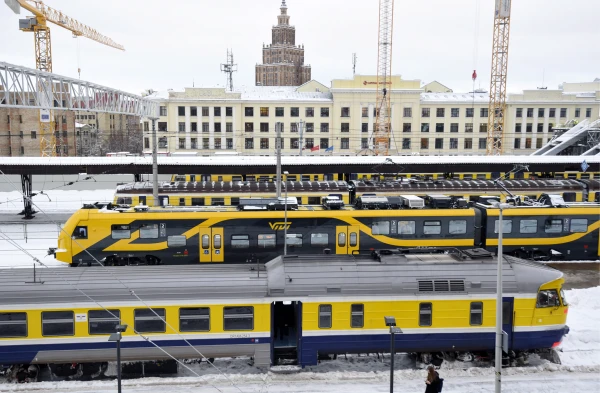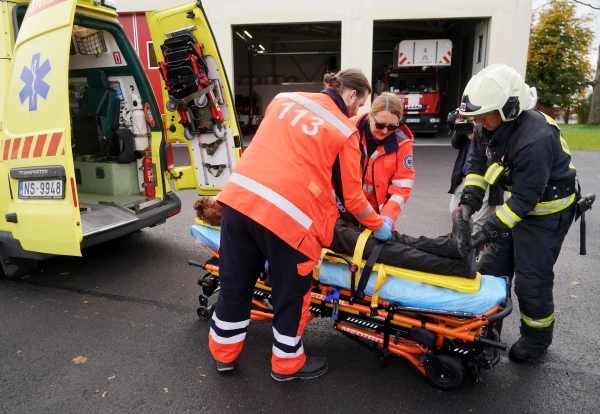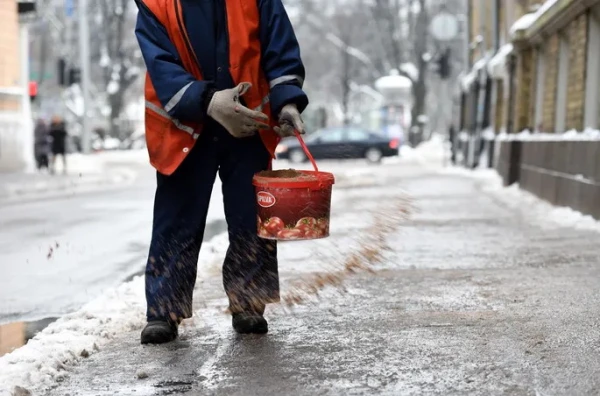
As TV3 cleverly notes, it is impossible to forget about the "Baltic Rail" project in the Ministry of Transport - from the ministry's windows, one can clearly see how the construction of the central railway station is progressing.
Meanwhile, news about another price increase for the project is becoming increasingly alarming - the increase in the natural resources tax will significantly raise the construction costs of Rail Baltica. This concerns amendments to the law on natural resources tax included in the state budget package for next year, which foresee an increase in rates for sand, gravel, and peat.
"Of course, the Ministry of Transport raised objections against the increase in natural resources tax rates," said the Deputy State Secretary of the Ministry, Kristine Pudiste. "They were rejected. Exact calculations have not been made. There are approximate estimates, but I wouldn't want to disclose them to avoid manipulation with the figures.
According to the television channel, the Ministry of Transport proposed to exempt Rail Baltica from this tax, but this initiative also did not receive support. The Ministry of Finance and the Ministry of Climate acknowledged that they did not assess how the increase in rates would affect the project.
"It turns out that with one hand we are looking for ways to optimize expenses, and with the other, we are adding millions for sand and gravel," said the former head of the parliamentary commission investigating Rail Baltica, Andris Kulbergs ("United List").
According to him, chaotic planning also contributes to the rising costs:
"Requirements could be put forward by 63 municipalities through which 200 kilometers of the route pass. Each, as they pleased, added their ideas. One of them - someone decided that a regatta should be held in the reservoir, so the bridge was made 12 meters high. This is one of the absurdities that have increased expenses." These decisions have already led to the cost of the two-level bridge on the main Rail Baltica route rising almost fourfold. The project has become financially unmanageable, although about 50 million euros were allocated from the EU military mobility fund for the bridge supports. Now these funds risk being lost.
According to TV3, the Ministry of Transport is negotiating with the European Commission about extending the deadlines for utilizing the funds and changing technical solutions to avoid losing financing. There is no official response yet.















Leave a comment